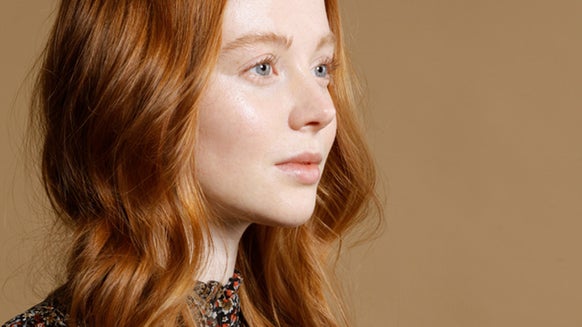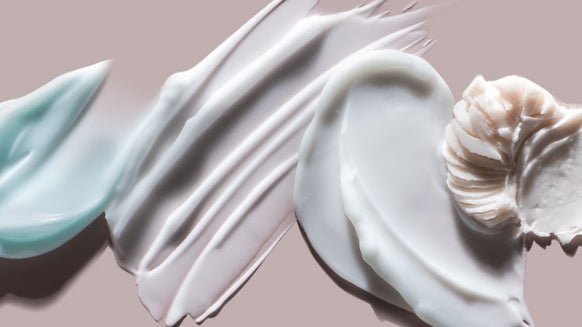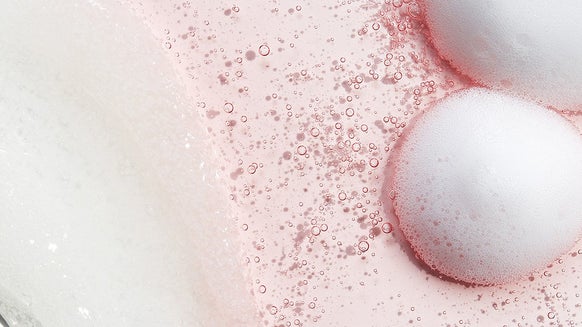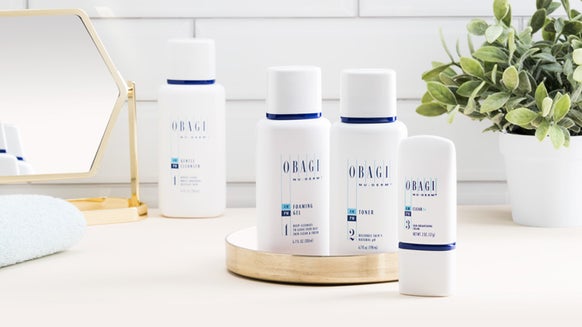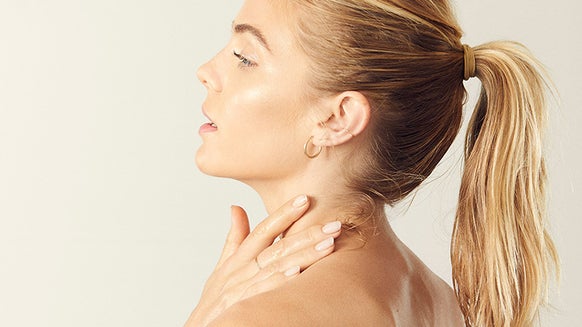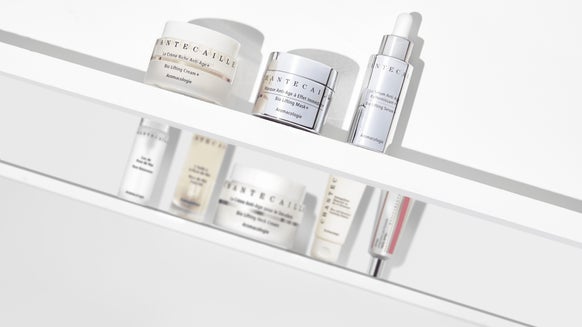Is Your Skin Sensitive or Sensitized? Here’s How to Know and How to Deal
Some studies estimate that up to 70% of women report having sensitive skin. More and more I am seeing women in their 20s through 40s who come to me with a several-month to several-year history of their skin being sensitive, red and even diagnosed as rosacea. In my clinical experience, the vast majority of these women don't truly have sensitive skin but instead have skin that has become sensitized, and this is almost always a reaction to certain ingredients in skin care products.
Sensitive vs. Sensitized Skin: How to Tell the Difference
I reserve the diagnosis of sensitive skin for someone who has a long history of skin rashes. For example, when a patient comes to me with a history of childhood eczema, or knowing that they have specific allergies to topically applied ingredients (diagnosed when you have a skin patch test), or a skin biopsy that has shown rosacea, I categorize them as sensitive.
It's my responsibility as a dermatologist to see if I can help my patients find a regimen and products that they can use that don't irritate or make them red, itchy or otherwise uncomfortable. I like to go through what they are using to see if possibly they are using products containing ingredients that may have sensitized their skin.
In my own practice, more than half of the people I see who come in believing they have sensitive skin or rosacea are able to manage irritation by avoiding problematic ingredients, so that we don't need to put them on any prescription medications. One good way to start on the journey to remedying sensitive skin is to simply pare down on your skin care products and then reintroduce products that are free of known sensitizing ingredients.
Which Ingredients Can Sensitize Skin?
When it comes to ingredients, there are a few common culprits that can often make skin more sensitive. None of these are marketed to the consumer as active and beneficial ingredients but instead they are considered more "inactive." The great news is that often eliminating these ingredients from your routine can bring your skin back to a more healthy, comfortable state:
- ethyl alcohol, t-butyl alcohol, alcohol, isopropyl alcohol
- sodium lauryl sulfate, sodium laureth sulfate
- artificial fragrance, parfum
- parabens
- acetone
Feeling Sensitive? Reboot Your Regimen
If skin is acutely sensitive, meaning it more recently became red, irritated or uncomfortable, I recommend following a simple two-step program twice daily for the first week, after which your skin may feel better and you can go on to rebuild a regimen that addresses your concerns (like acne and aging changes) without leaving your skin feeling sensitive.
Step 1: Wash with a sulfate-free, fragrance-free cleanser or an unscented bar soap.
Step 2: After cleansing, apply a very thin layer of a healing ointment. These are generally well tolerated even by post-laser skin, which is in a very sensitized state. They are basically mostly petroleum, but what is most important about them is not the active ingredient but instead the absence of other sensitizing ingredients like the ones listed above.
After two weeks, if your skin no longer feels sensitive, you can start to introduce a new product to your regimen every two weeks. If you want to use a retinol, AHA or vitamin C product, it is best to be sure that they don’t have any of the previously mentioned problematic ingredients. Start to use these just one to three times a week for the first two weeks.
Should a Product Ever Burn or Tingle?
There's a big difference between a product slightly tingling on application and it burning your skin. If your skin starts to feel like it’s burning, take a look at the ingredients in the products you are using.
You should expect some ingredients, like retinol or L-ascorbic acid (vitamin C), to be associated with some tingling. When it comes to acids or retinol, more is not better. If your skin is feeling sensitive, use these products just once or twice a week and build up to more frequent application over time.
Sometimes it is the product’s inactive ingredients that can cause burning or make you red and sensitive. The takeaway is this: If you skin feels sensitive, read the full list of ingredients in that product before you use it.
I understand that it's a daunting task to read a full ingredient deck, but I truly believe that this is the key to resolving skin sensitivity in so many cases. Why? Because potentially problematic ingredients are not the ones being marketed, so you’ve got to be a bit of a detective to see if you are inadvertently exposing your skin to the cause of your sensitivity. What you find may surprise you—and you might even realize your skin’s not the sensitive type after all.

Dr. Loretta Ciraldo, M.D., F.A.A.D., is a highly sought-after board certified dermatologist with over 40 years of experience.
She is an avid clinical researcher, published author, and regular on-camera expert. Dr. Loretta’s research experience started in 1975 in the Dermatology Department of Harvard Medical School, where she performed early testing on the effects of UVA on human skin and contributed to the development of the Fitzpatrick Skin Type Classification. She received her M.D. from Downstate Medical College of State University of New York and completed her dermatology residency at Albert Einstein College of Medicine in the Bronx, NY, where she was selected as Chief Resident.
Performing tens of thousands of total body exams during the course of her career, she has been struck by the remarkable differences seen in exposed skin on our faces, neck, chest and hands compared to unexposed skin, on our torso and other areas covered by clothing. Dr. Loretta has determined that to achieve our most youthful and healthy appearance we must keep “skin unexposed” to four factors she determined contribute to unwanted aging changes. These factors are pollution, light, climate and irritants.
From her discovery, she founded the Dr. Loretta line of anti-aging skin care products, formulated with high concentrations of advanced medical-grade actives, combined with blends of the most beneficial essential oils and botanical and marine ingredients to ensure that skin remains unexposed to harmful external influences.
She is most proud of her family, including her husband Dr. Robert Ciraldo and their four amazing children, Gina, Daniel, Katrina and Liza and their wonderful grandchildren, Siena Loretta and Luca Daniel, for whom Dr. Loretta is determined to remain youthful and looking her freshest well into her eighties and beyond.
